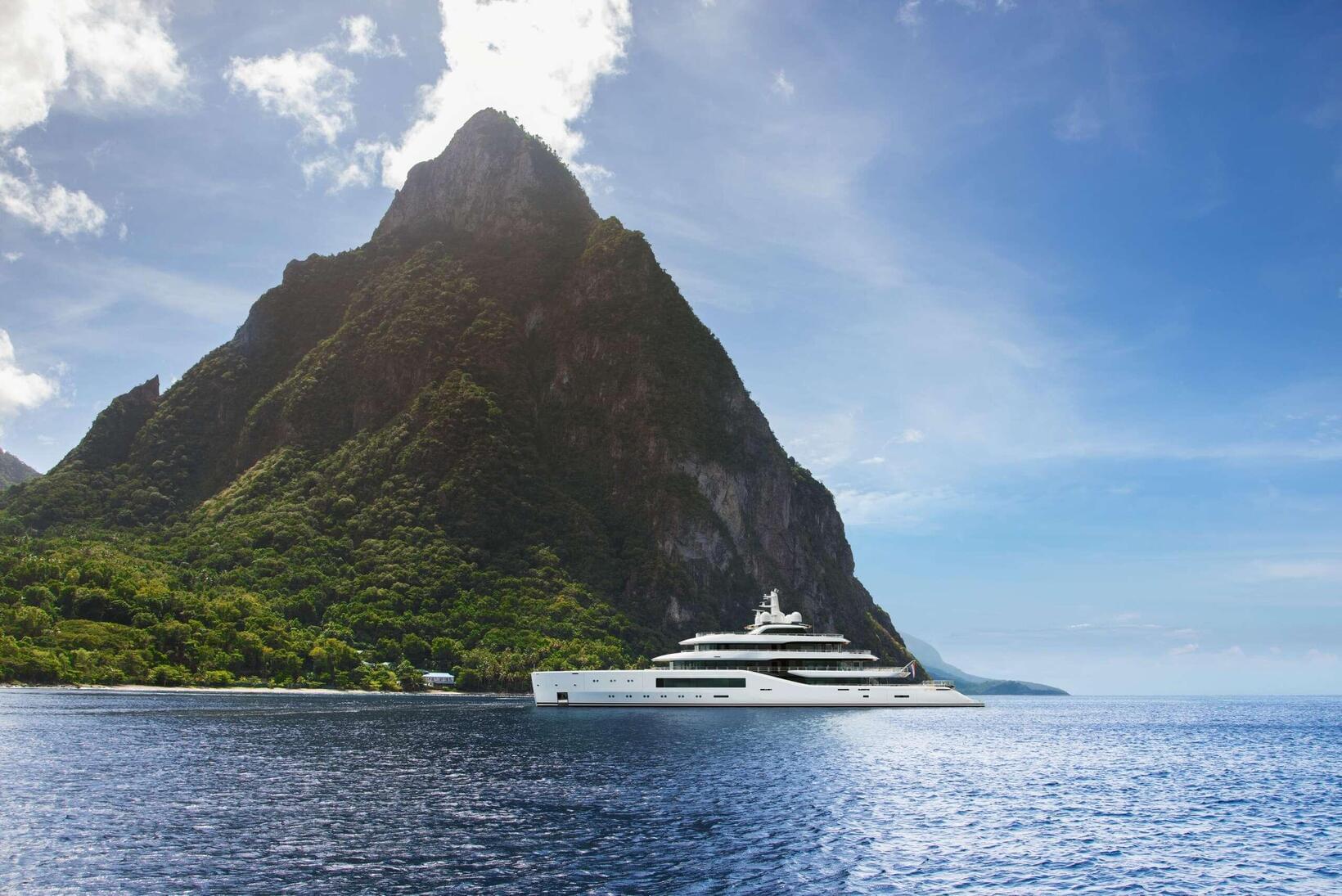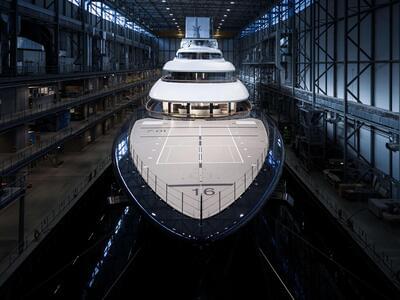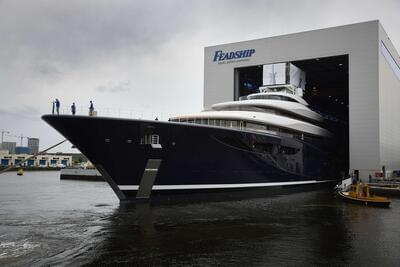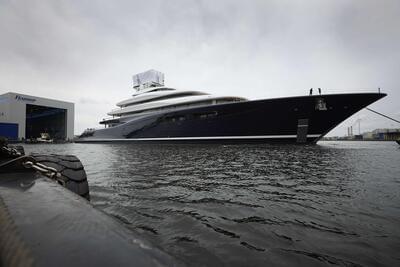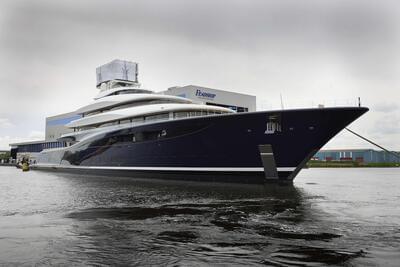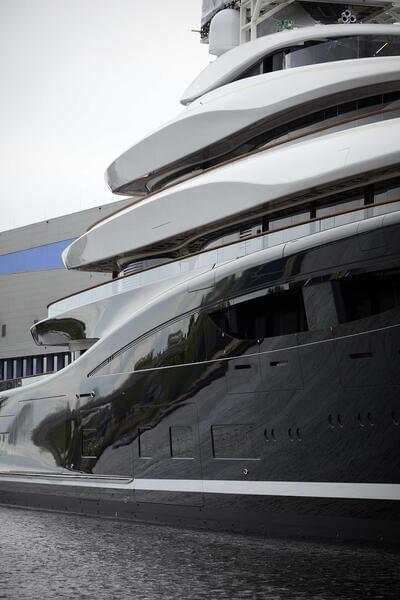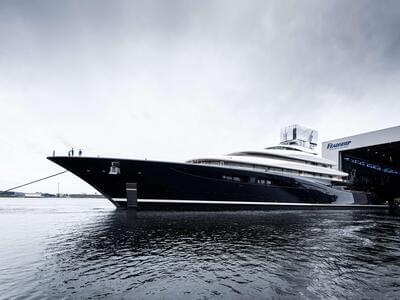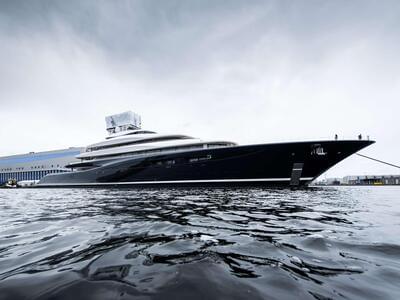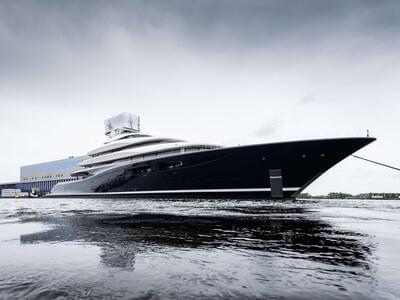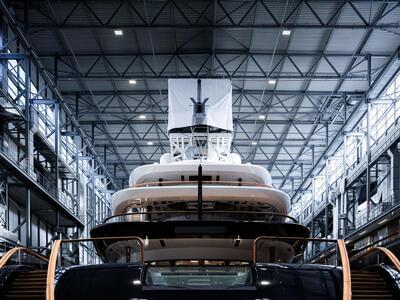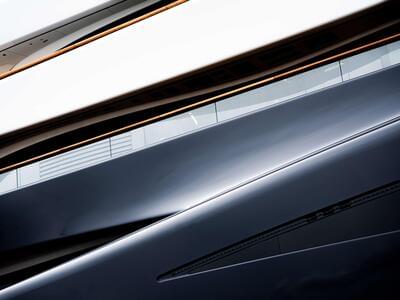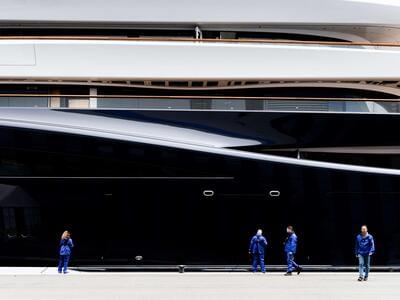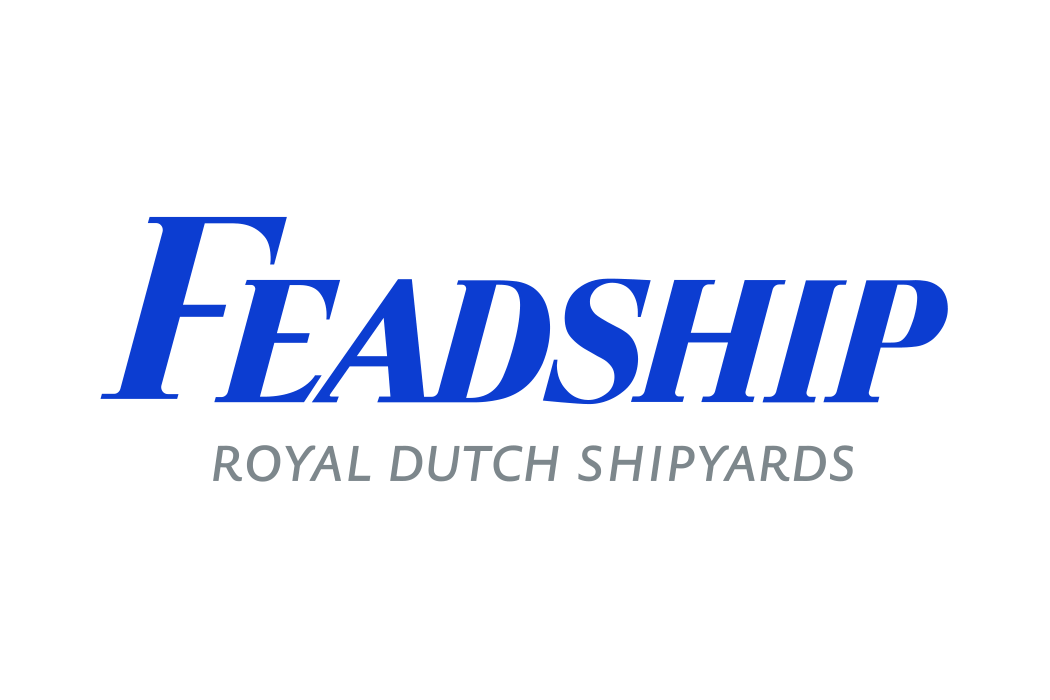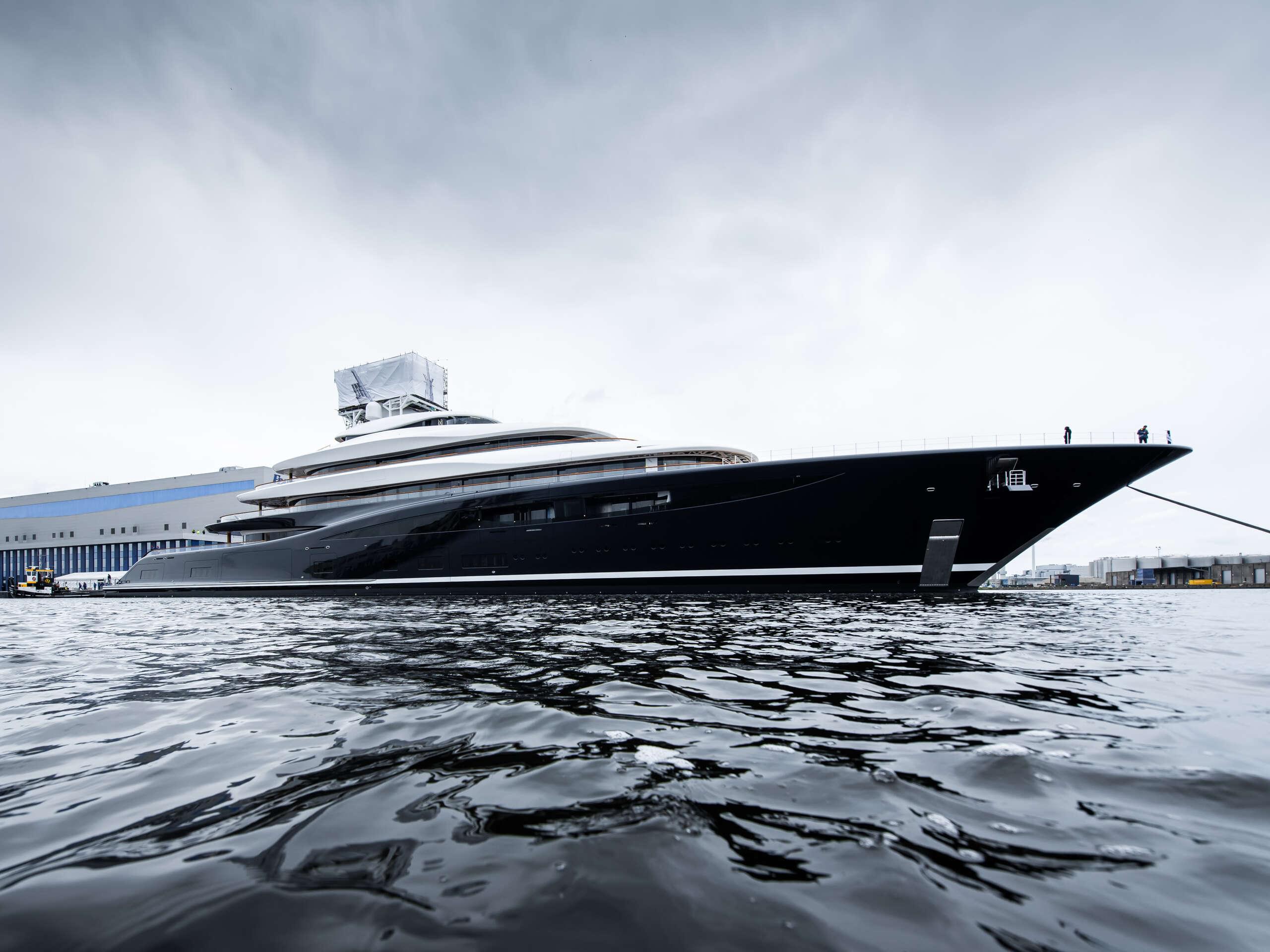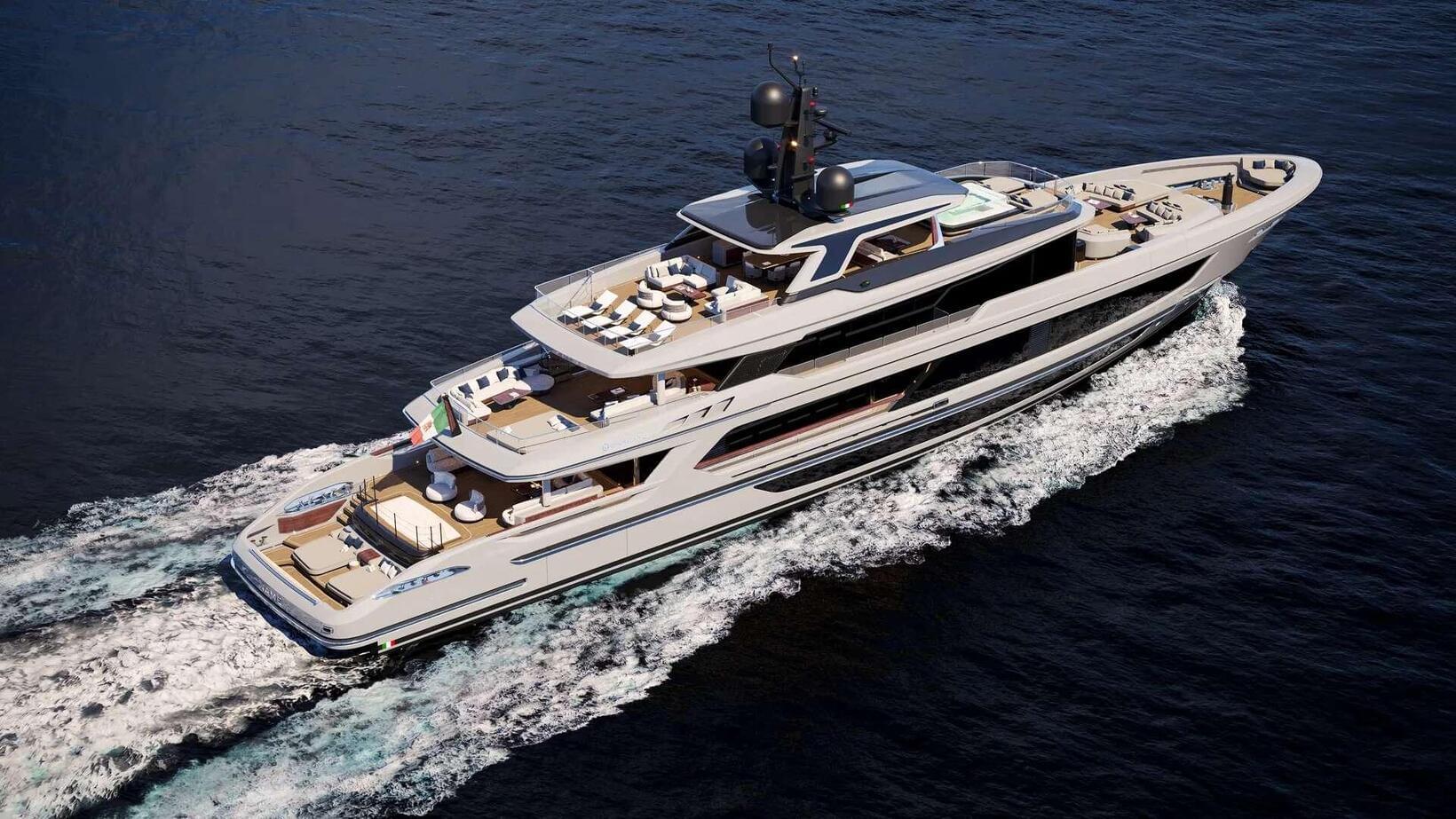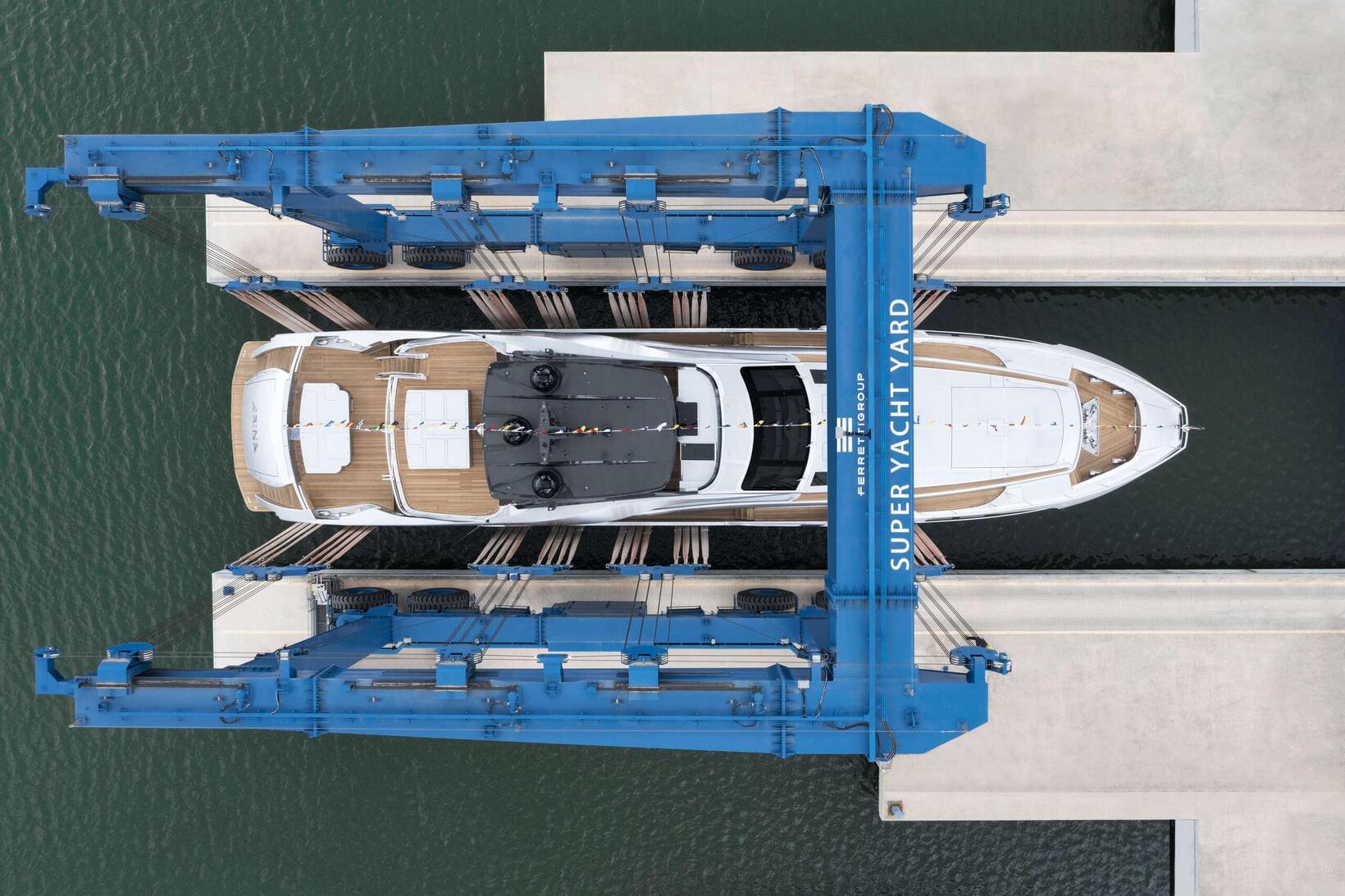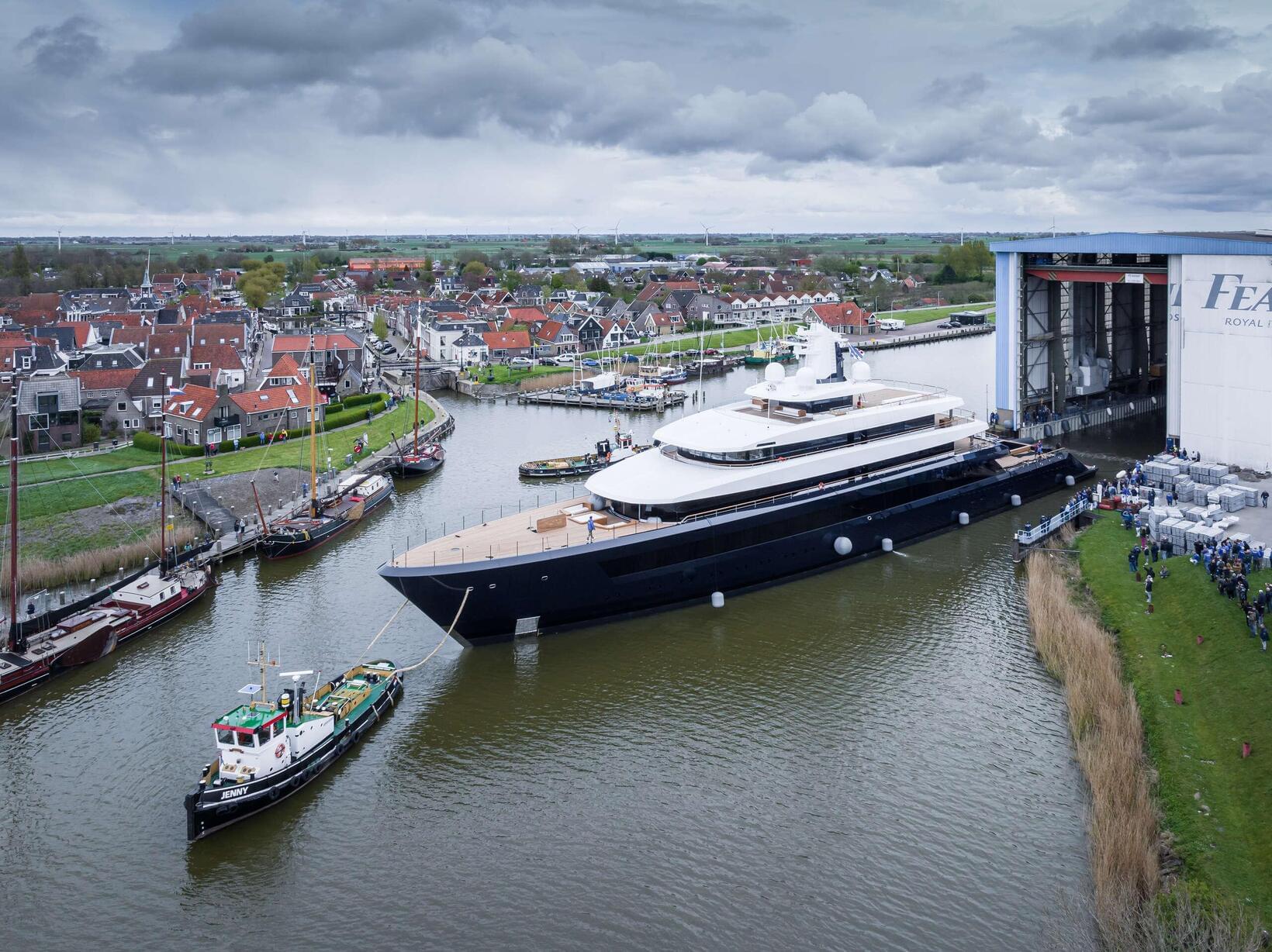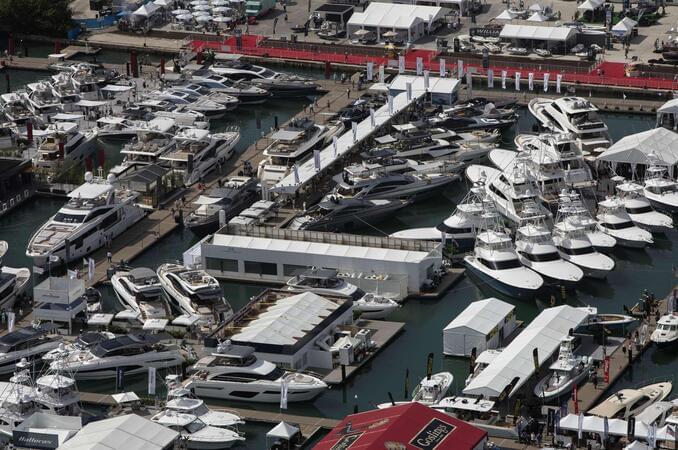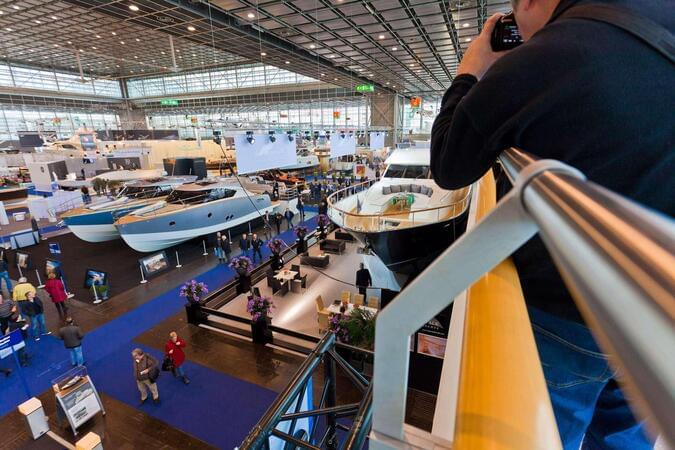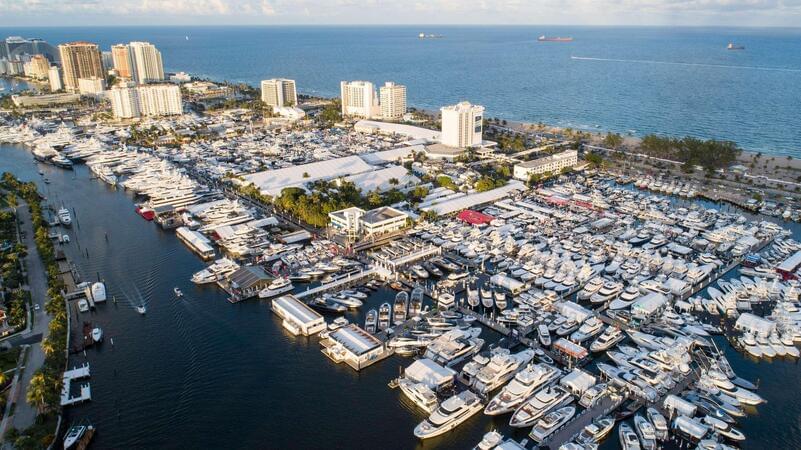Feadship Launches 118.80-Metre Project 821, Ushering in the Fuel-Cell Era

On May 4th, Feadship's Amsterdam shipyard unveiled a revolutionary yacht that is set to change the yachting world forever: Project 821, the world's first hydrogen fuel-cell superyacht. After five years in the making, this innovation-packed vessel addresses a critical question: "How far can green technology be pushed on superyachts?"
Designed by RWD with owners represented by Edmiston, Project 821 embraces a zero-diesel approach, designed to cruise between harbors and anchorages, and operate the yacht's amenities using emission-free power from green hydrogen. “The aim has been to develop new, clean technology not just for this project, but for the world,” said Jan-Bart Verkuyl, Feadship Director/CEO of Royal Van Lent Shipyard. The yacht's size—over 100 meters—made it an ideal candidate to explore green hydrogen as a fuel source, showcasing cutting-edge innovations.
Feadship's R&D team has been exploring hydrogen, among other fossil-free fuels, as part of their commitment to developing "net zero" yachts by 2030. Hydrogen fuel cells generate electricity combustion-free, with pure water as their only exhaust. Despite hydrogen fuel cells being used in cars and space missions for decades, their application in maritime was unprecedented. Feadship, Edmiston, and Lloyd's Register collaborated to develop the necessary equipment, protocols, and safety regulations for hydrogen storage and fuel-cell systems.
Verkuyl emphasized the significance of the research and the development of safety regulations, which are now available to all. Following Project 821, two Norwegian ferries will utilize the system developed with PowerCell Group, starting next year.
A major challenge was storing compressed liquid hydrogen below deck at -253°C. Hydrogen, being lightweight, requires significantly more storage space than diesel. Project 821's cryogenic fuel tank holds 92 m3 (approximately 4 tonnes) of hydrogen. This tank, the sixteen compact fuel cells, their switchboard connection to the DC electrical grid, and the vent stacks for water vapor added four meters to the yacht's original length. Notably, the fuel cells can also use methanol, a liquid fuel that converts to hydrogen before the electrochemical reaction.
While Project 821 cannot carry enough hydrogen for a transoceanic crossing, it significantly reduces the yacht's carbon footprint by generating electricity for the hotel load, which constitutes 70-78% of a yacht's total energy use. For longer journeys, the yacht's MTU generators can burn HVO, a biofuel that reduces emissions by 90%, as proven on the 2023 Feadship, Obsidian.
Project 821 stores 543 kWh of energy, unlike the 83.50-meter Savannah's megawatt of electrical energy, because its fuel cell technology can provide a week of silent operation at anchor or emission-free navigation at 10 knots. The yacht also features an efficient waste heat recovery system and a Smart AC system to manage energy use in guest spaces.
Beyond its technological advancements, Project 821 is the largest motor yacht ever launched in the Netherlands, surpassing the 118.00-meter LAUNCHPAD in volume. With five decks above water and two below, it has an impressive profile and features numerous hull openings for enhanced sea connection. The yacht's balconies, shell doors, and opening platforms provide seamless indoor-outdoor transitions.
Designed for family use, the owner's deck is essentially an apartment with luxurious amenities, including two bedrooms, twin bathrooms, dressing rooms, a gym, offices, and a living room. The owner's accommodation extends across four levels, creating a private townhouse-like experience within the larger yacht. RWD Studio's design employs light, neutral colors and varied materials to create a cohesive, luxe coastal vibe.
Project 821 demonstrates that cryogenic storage of liquid hydrogen in a superyacht is viable. Future innovations in fuel cells and methanol-to-hydrogen conversion are anticipated. For Feadship, decarbonizing their processes and developing net-zero fuels are top priorities.
Jamie Edmiston, Chief Executive, and Charlie Baker, Director at RWD, both praised the project. Edmiston highlighted the yacht's achievement in environmental advancements, while Baker expressed pride in contributing to such a forward-thinking project.
Technical Specifications
Project 821
- Steel hull and aluminium superstructure
- Length overall: 118.80m / 389'9"
- Beam overall: 19.00m / 62'4"
- Draught: 5.25m / 17’3”
- Fuel capacity: 575 m3
- Fresh water capacity: 185 m3
Design
- Naval Architect: Feadship De Voogt Naval Architects
- Exterior design: RWD
- Interior design: RWD
Propulsion
- Propulsion system: 2x 3200kW ABB azimuthing thrusters
- Stabilizers: 1 set, Kongsberg Neptune 300
- Speed (max/cruise): 17 knots / 14 knots
- Range: 6500 NM @ 14 knots
- Power (electrical) supply:
- 2x 900kW MTU generators
- 3x 2,500kW MTU generators
- 16x 185kW PowerCell H2 generators
Accommodation
- Twelve guest staterooms for up to thirty in the owner's party
- Eight guest staterooms on the main deck combine into four VIPs
- Two staff cabins, a dedicated hospital, and accommodation for 44 crew
Tenders
- 1x 11.30-metre Zin Boat electrical tender
- 1x 12.00-metre custom RWD designed Vikal limousine tender
- 2x 7.20-metre Maritime partner rescue tenders
Luxury Area Features
- Central atrium-style staircase and circular elevator
- Floor-to-ceiling windows with clear glass balustrades
- Aft main deck with an 8.20-metre pool, hot tub, and dining/lounging options
- Twin exterior staircases to swim platform and beach club
- Sundeck with hot tub, outdoor dining, and lounging
- Main deck library, cinema, and cozy Nemo lounge below the beach club
Project 821 is a groundbreaking vessel that showcases the potential of green technology in the yachting industry.
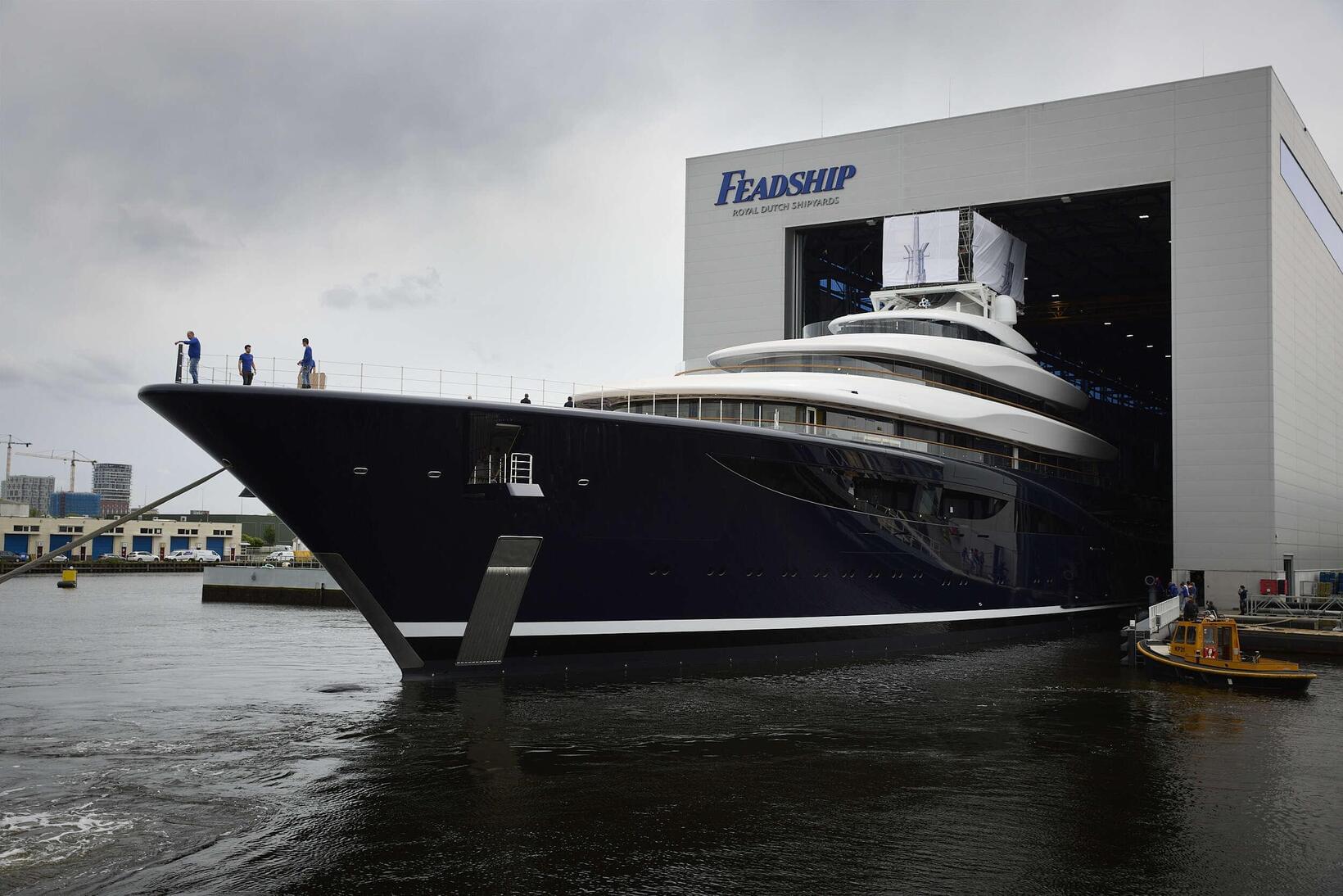
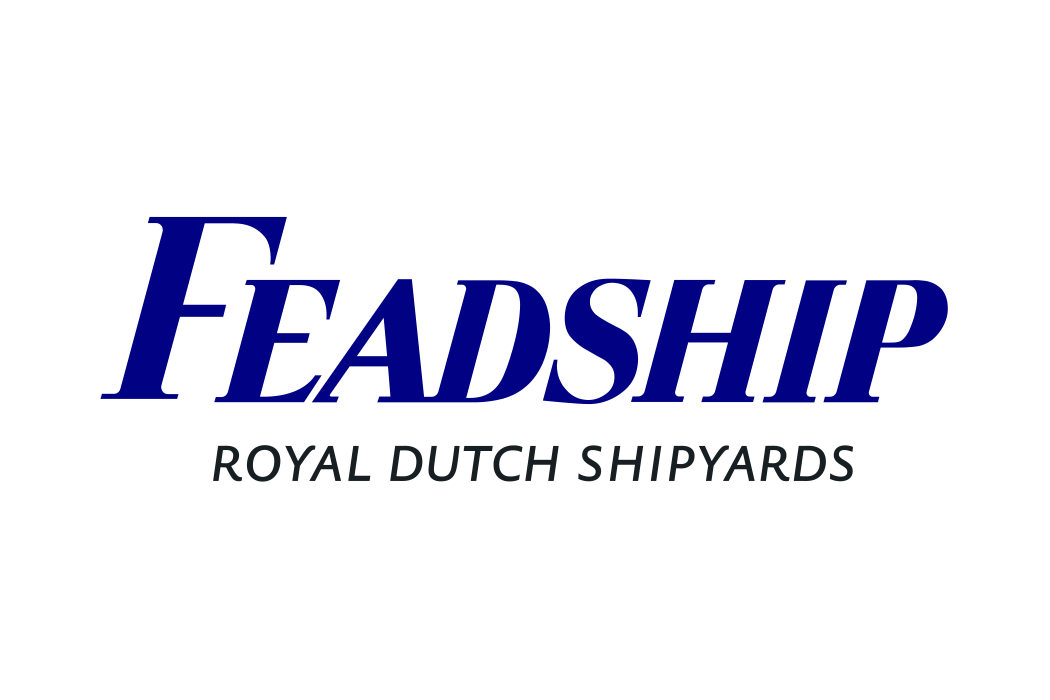
4 May 2024
Feadship Launches 118.80-Metre Project 821, Ushering in the Fuel-Cell Era
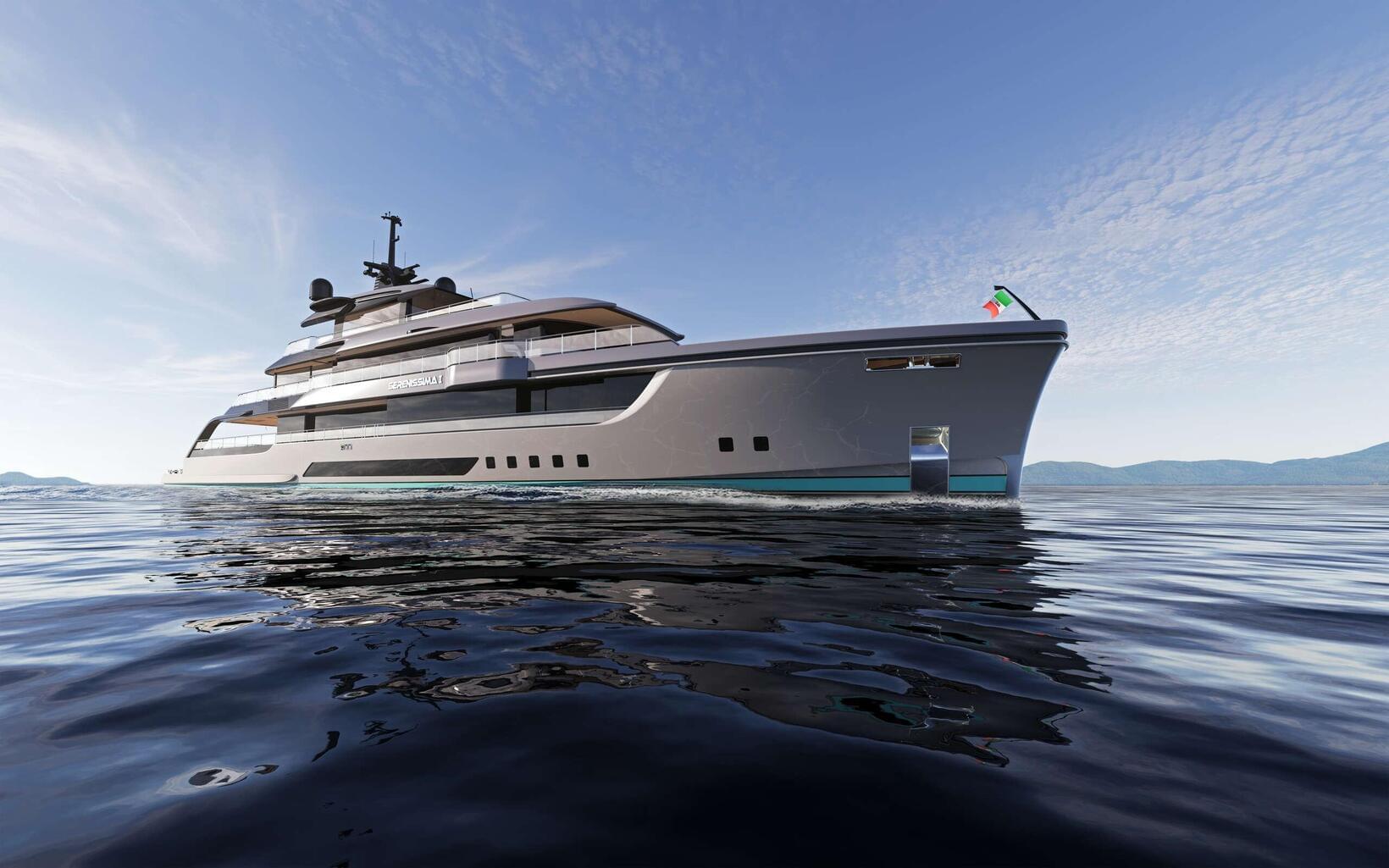

2 May 2024
Nuvolari Lenard’s First Sub-500 GT S1 Superyacht Ready for Summer Launch from Mengi Yay
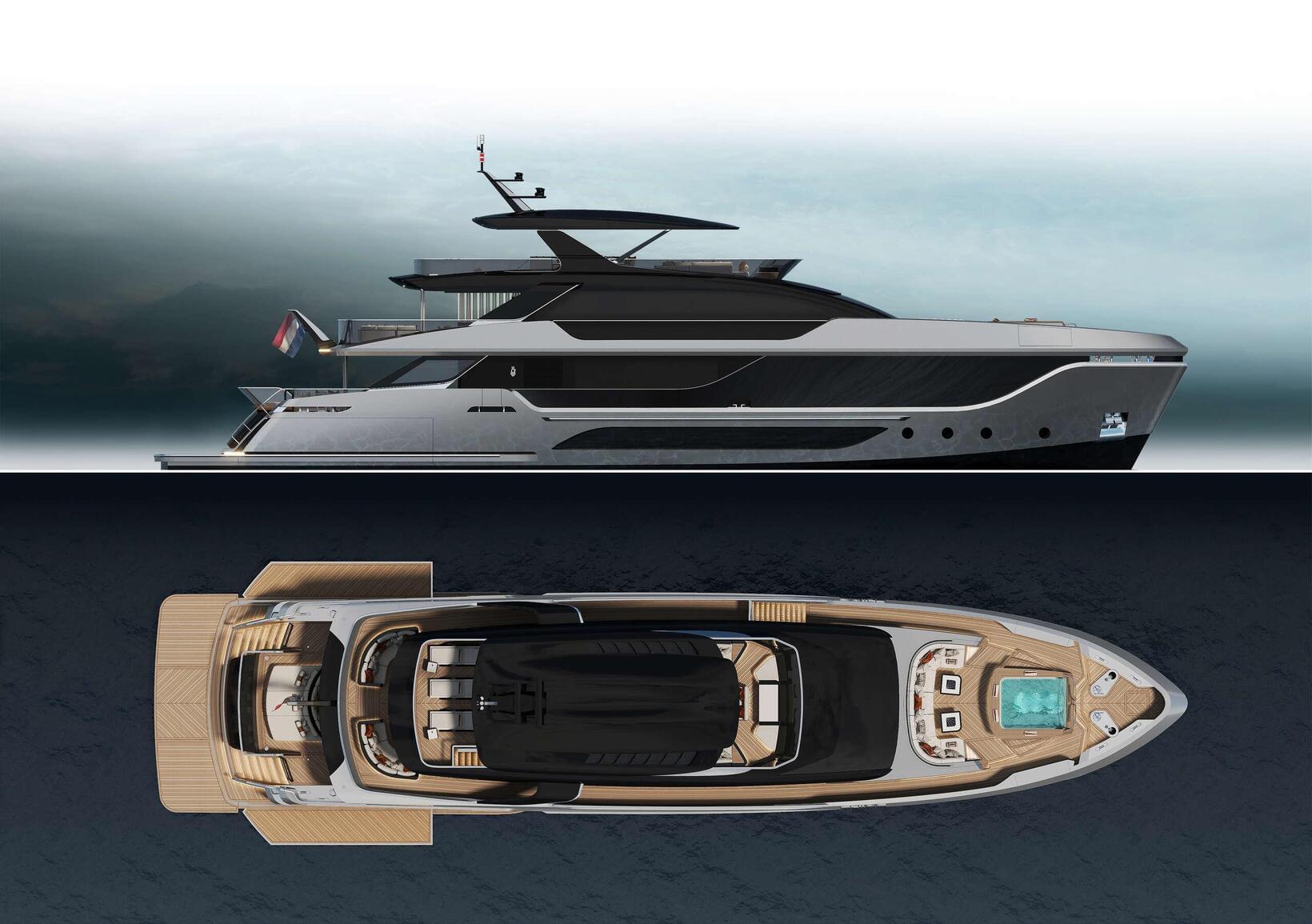
24 April 2024
Introducing Project EVO: Van der Valk’s Largest All-Custom Superyacht
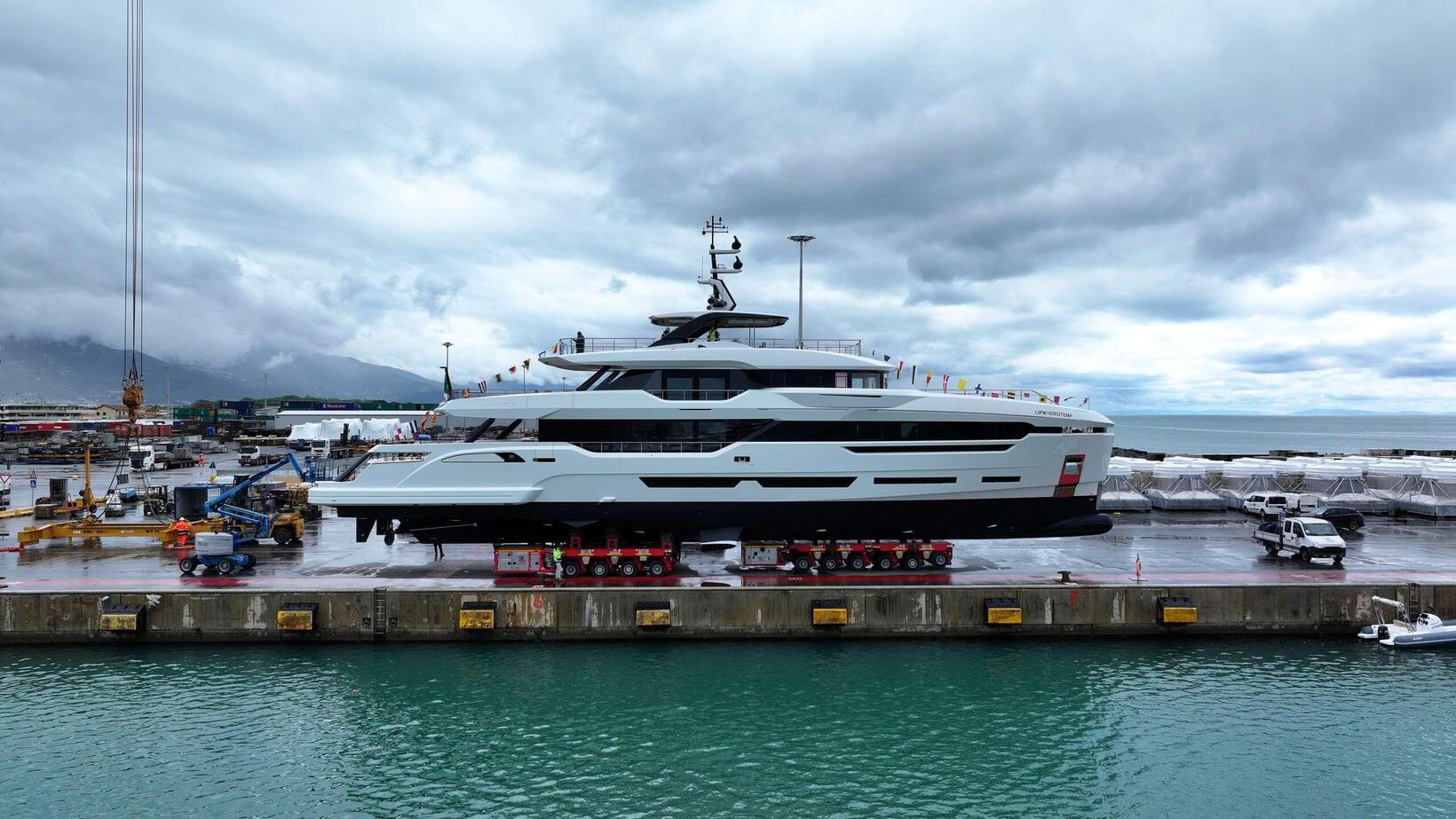
24 April 2024
Baglietto Launches "Barbara Anne": The Sixth Motor Yacht in the DOM133 Line
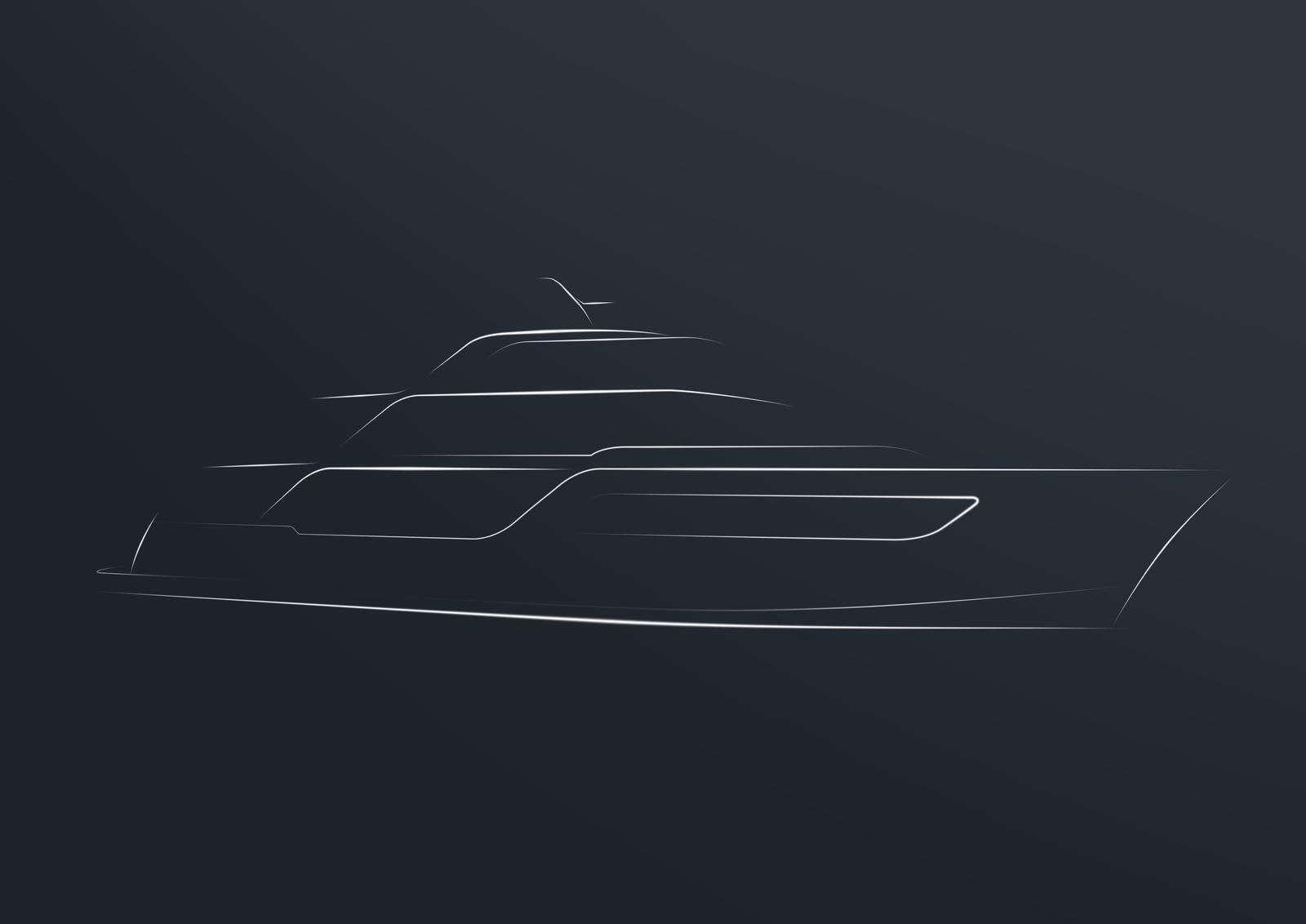
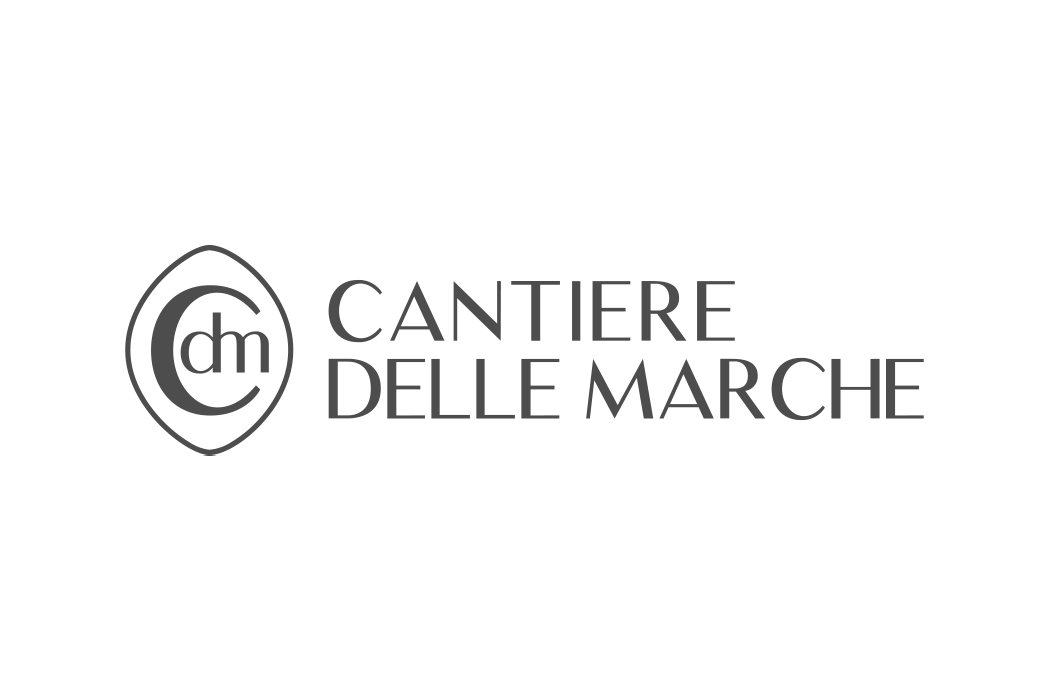
18 April 2024
Sixth Sale of 2024: Flexplorer 165 Sold to European Yachtsman
